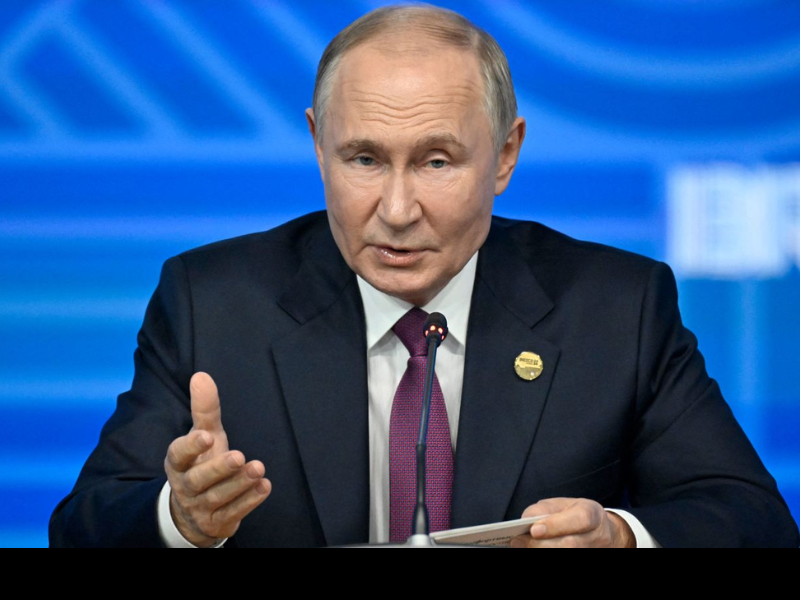Russian President Vladimir Putin has revised the country’s nuclear doctrine, signaling a significant shift in Moscow’s defense strategy. The update comes just two days after U.S. President Joe Biden approved Ukraine’s use of American-made long-range weapons to target locations deep inside Russian territory, escalating tensions in the ongoing conflict.
Under the newly revised doctrine, unveiled on Tuesday, Russia will now consider aggression from a non-nuclear state as a joint attack if a nuclear country participates in the assault. This adjustment broadens the scope of what Moscow may interpret as a threat justifying the use of nuclear weapons.
Kremlin spokesperson Dmitry Peskov explained the doctrine’s revisions during a phone call with reporters. He emphasized that the Russian Federation “reserves the right to use nuclear weapons in the event of aggression using conventional weapons against it and/or the Republic of Belarus.” This marks a potential lowering of the threshold for Russia’s first use of nuclear arms.
“Nuclear deterrence is a pillar of Russian military doctrine, but the revision appears to broaden the definition of what would be considered aggression against Russia,” Peskov stated. He added, “An important element of this document is that nuclear deterrence is aimed at ensuring that a potential adversary understands the inevitability of retaliation in the event of aggression against the Russian Federation or its allies.”
The changes follow Washington’s recent approval for Ukraine to deploy long-range American weapons within Russia. Moscow has previously warned that such actions would be considered a serious escalation in the war.
With nuclear deterrence remaining central to Russia’s military doctrine, this revision underscores Moscow’s response to growing international involvement in the conflict. The Kremlin’s latest move raises global concerns about the potential for further escalation.






